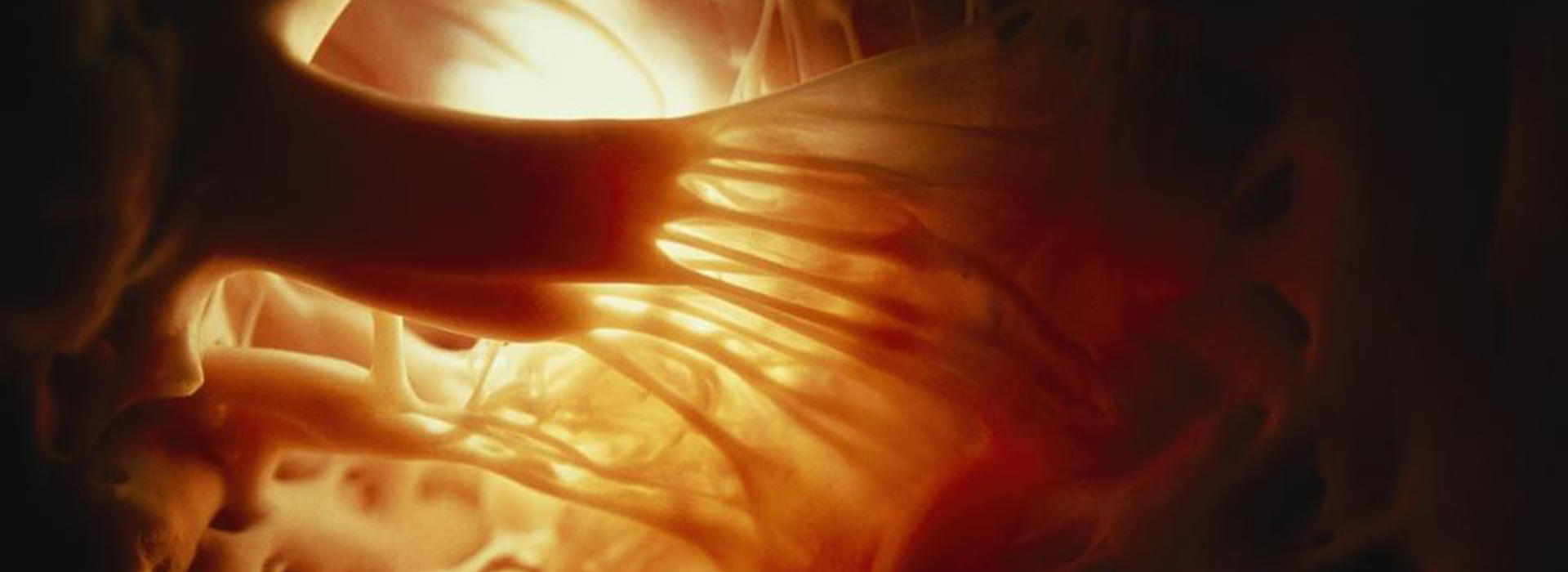
Everything Old Is New Again
For centuries physicians have been using a plant extract called colchicine to treat gout, an arthritis stemming from high amounts of uric acid in the blood stream. But could this ancient gout remedy also be a new treatment for pulmonary arterial hypertension (PAH)?
Quite possibly, according to recent research published in the Journal of the American Heart Association.
PAH occurs when blood does not circulate around the lungs as easily as it should, causing discomfort and, even worse, significant stress on the heart. As the disease progresses, excess microtubules form in the right ventricle of the heart and disrupt the function of a protein called junctophilin-2, which is critical to proper heart function.
PAH affects about five in every 1,000,000 people and kills about 15 to 20 percent of patients within their first year of diagnosis. While current drugs help people improve mobility, none actually improve heart function.
After reviewing other data that showed colchicine reduces excess microtubules in gout cases, Kurt Prins, MD, PhD, physician-scientist from the Cardiovascular Division within the University of Minnesota Medical School, led a study that applied this concept to PAH. This research team included Joseph Metzger, PhD, and Thenappan Thenappan, MD, of the University of Medical School, as well as Stephen Archer, Lian Tian, and Danchen Wu of Queen’s University in Canada.
Using animal models, they injected colchicine to see if it would eliminate the excess microtubules associated with PAH. Indeed, the ancient extract reduced the unruly microtubules, which then increased junctophilin-2 expression and improved heart function.
Prins says these promising findings could provide a foundation for future treatments to address the hard-to- treat disease. Within the year, he and colleagues Thenappan Thenappan and Marc Pritzker hope to start using colchicine in human PAH patients.